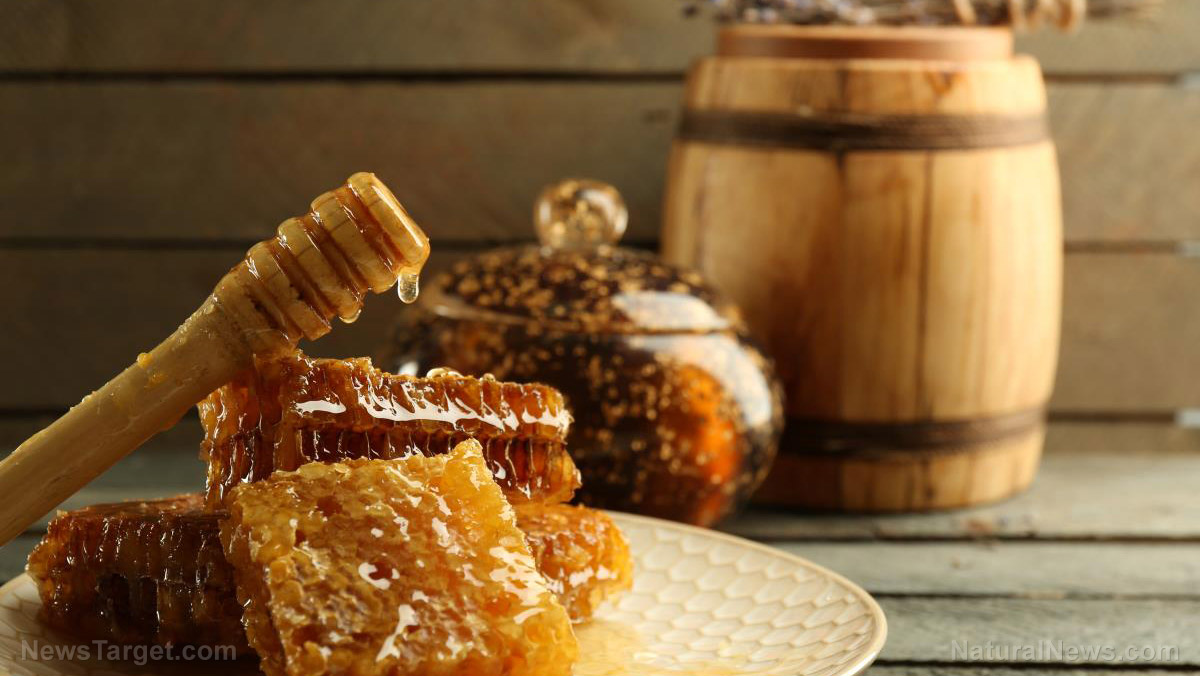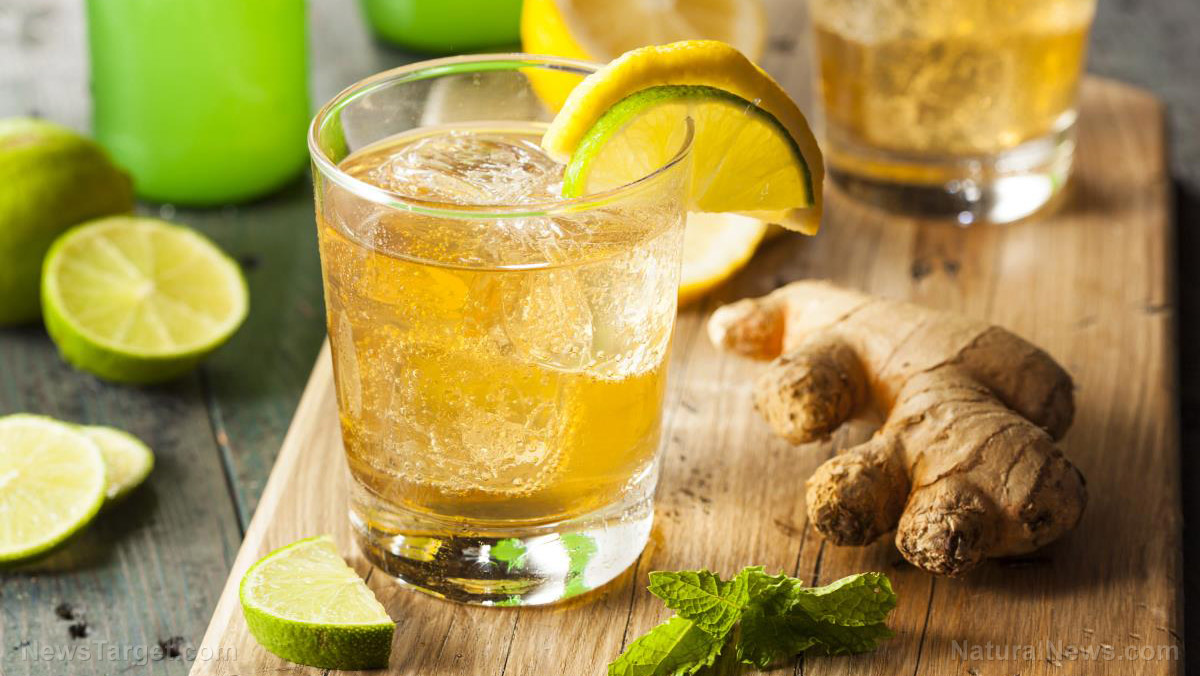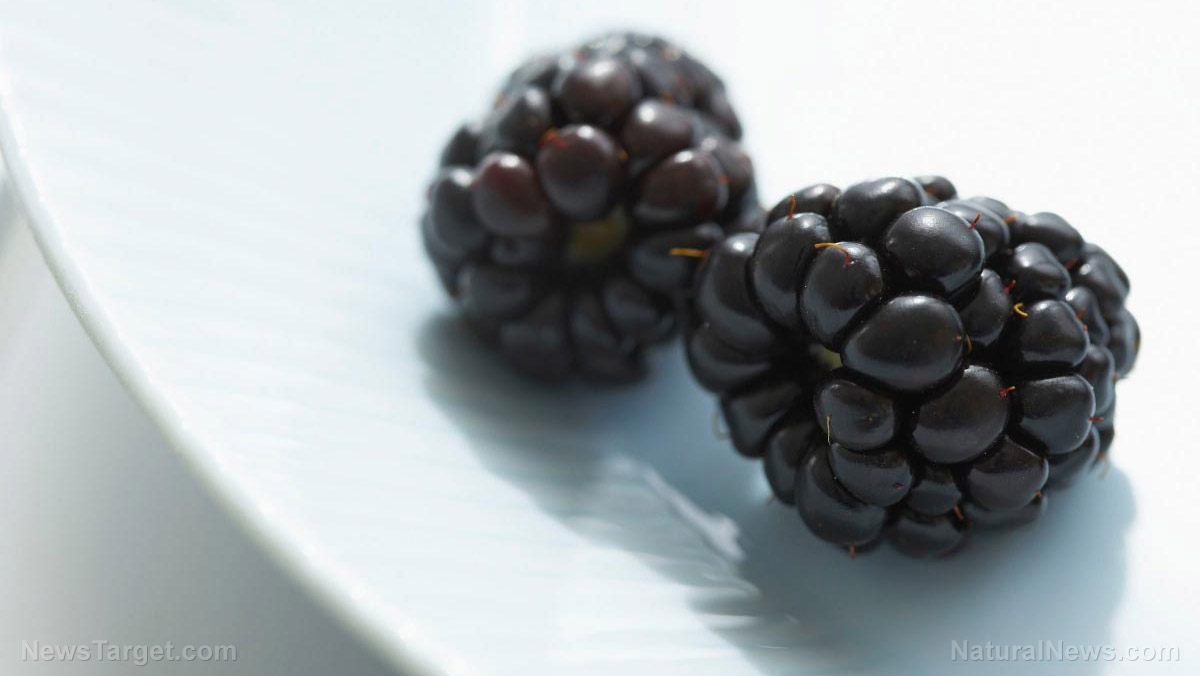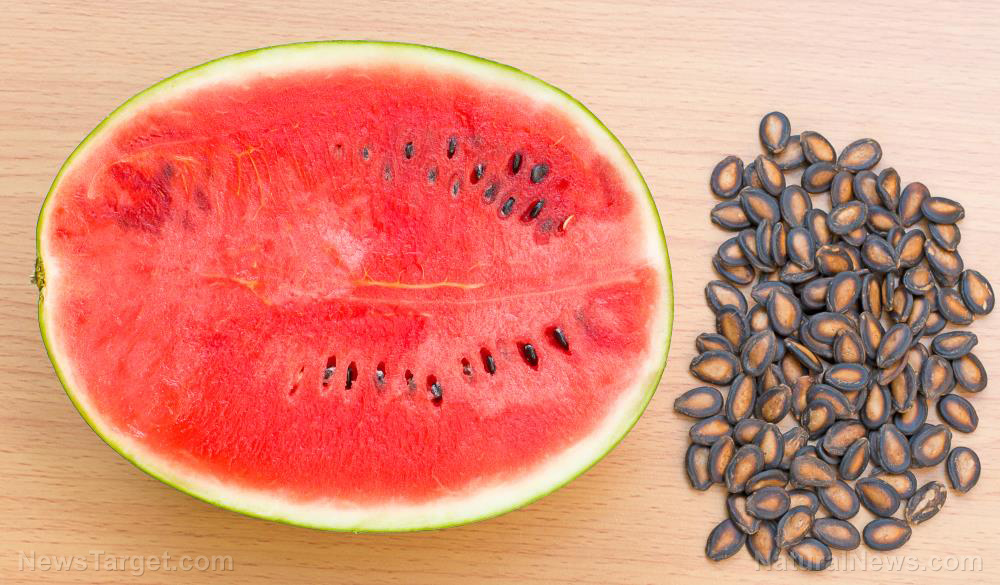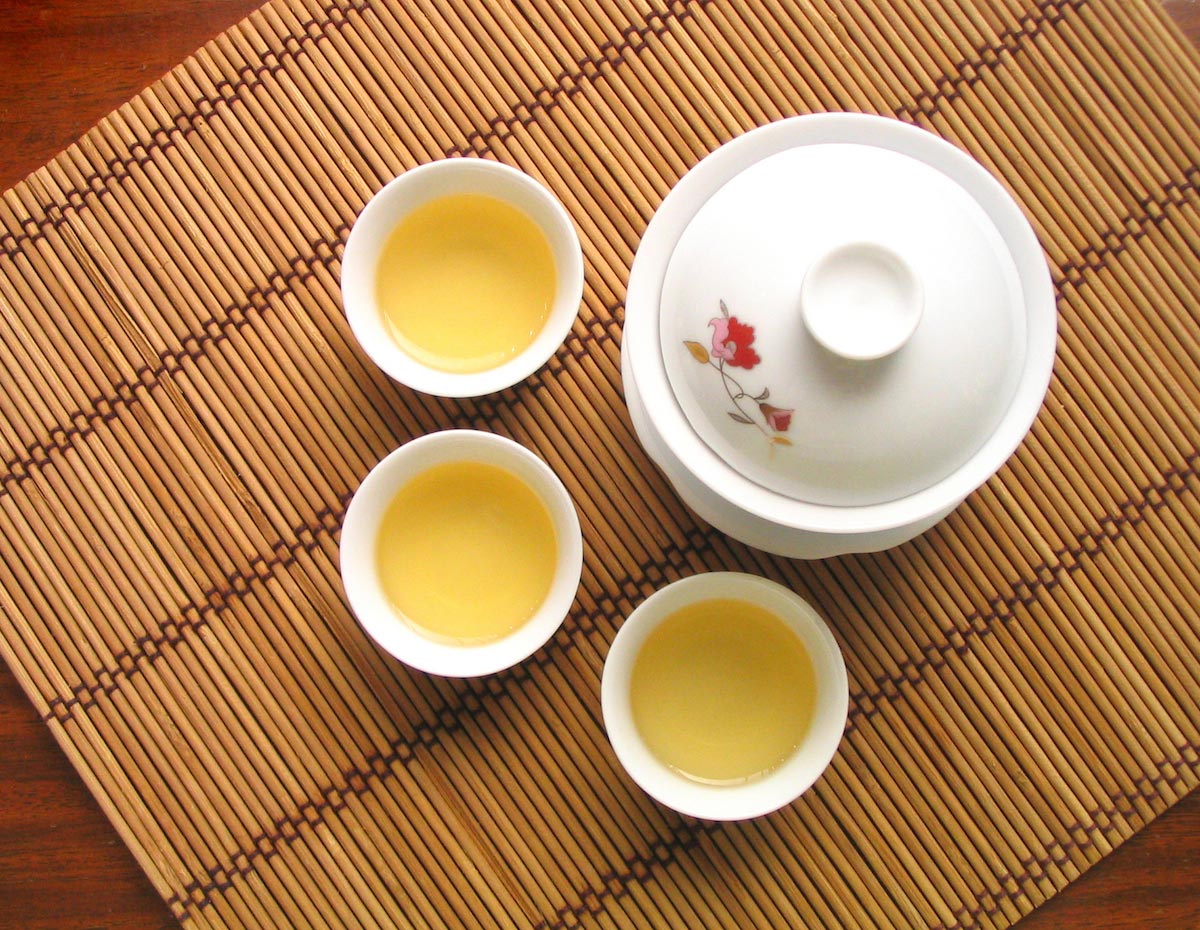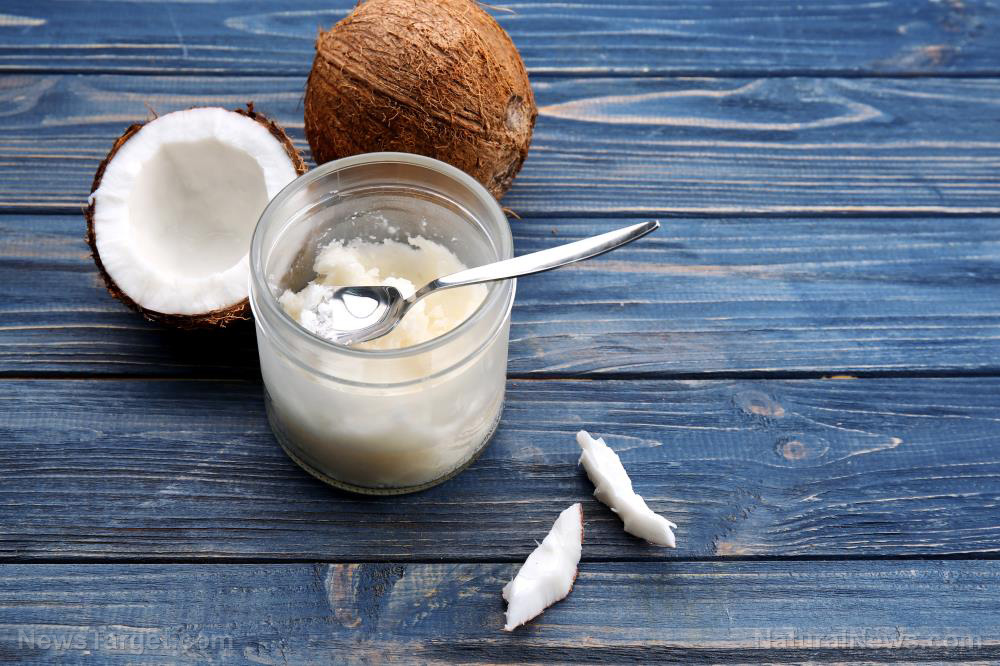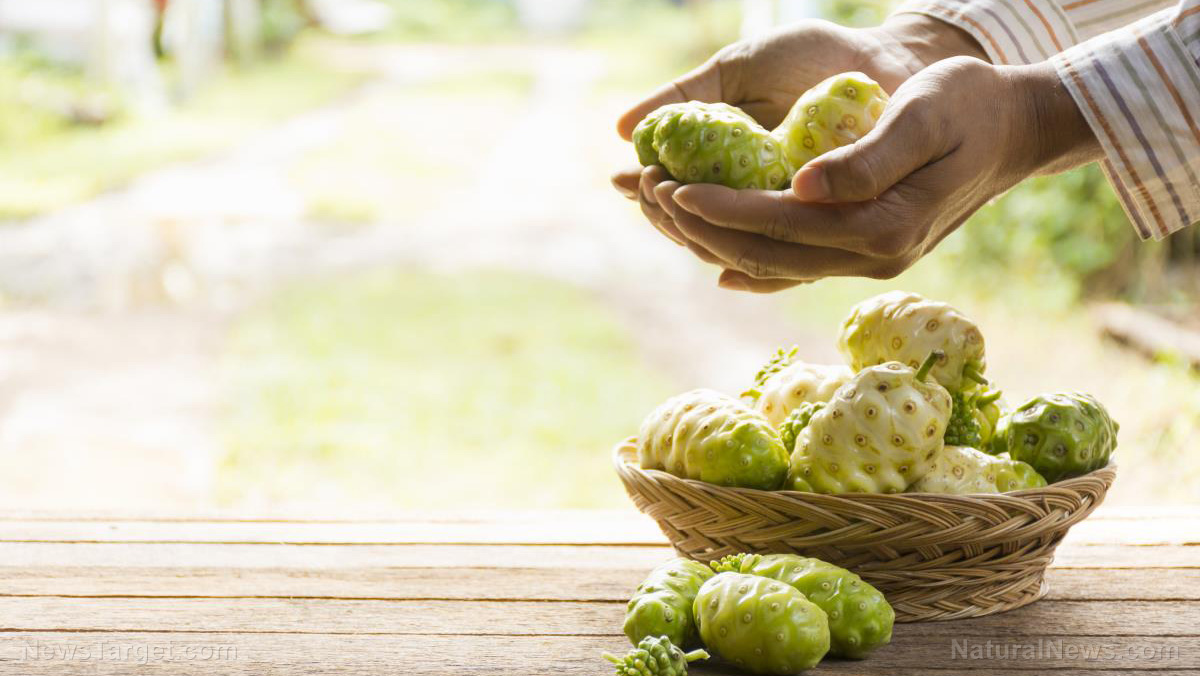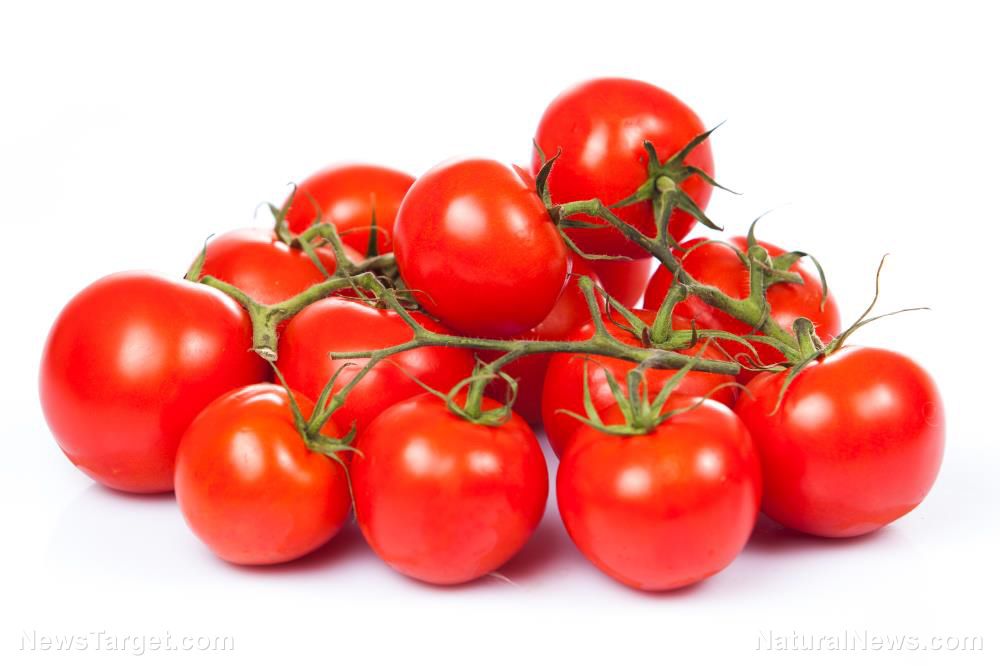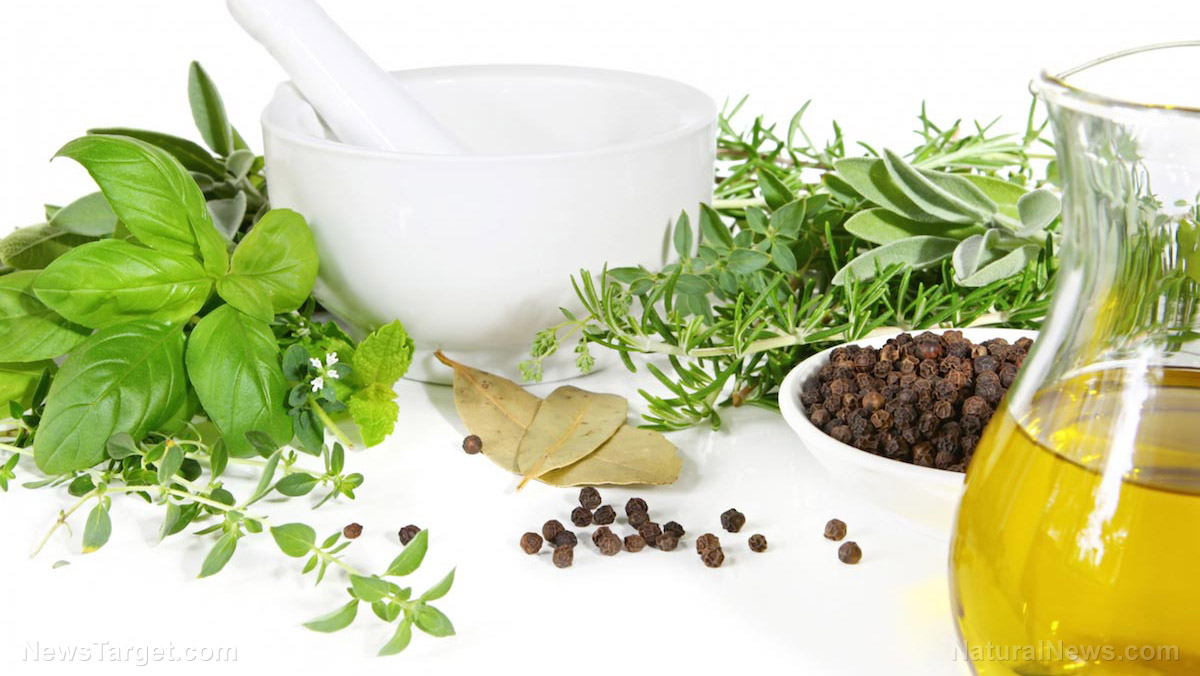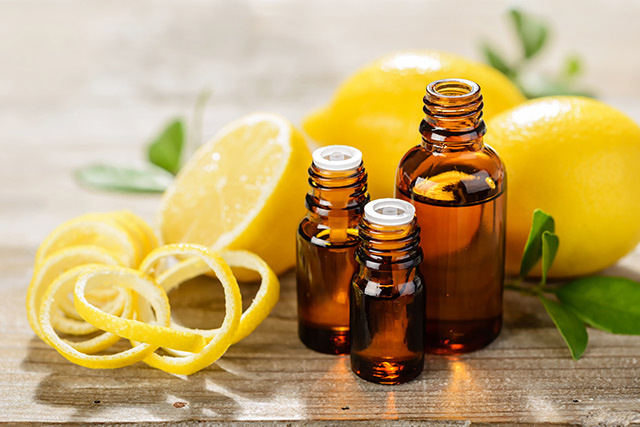The brain-boosting potential of tart cherry juice
07/17/2020 / By Divina Ramirez
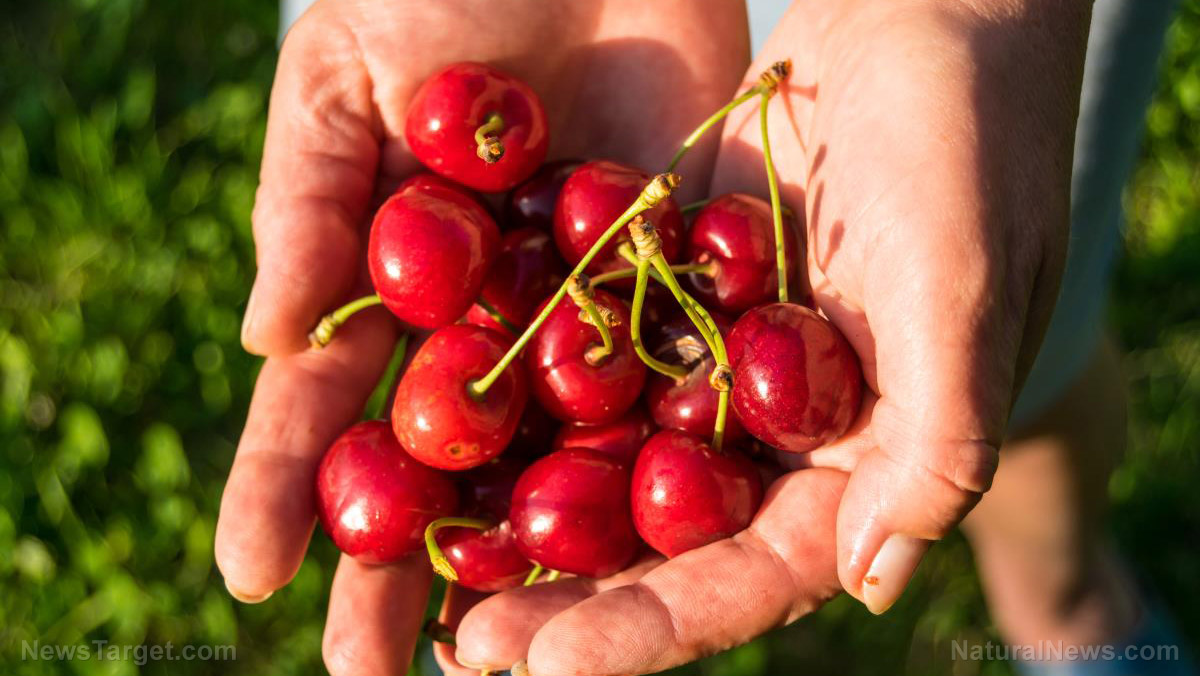
A recent study by scientists from the University of Delaware (UD) has found that drinking cherry juice has beneficial effects on memory. Published in the journal Food & Nutrition, it demonstrated that drinking Montmorency tart cherry juice every day for 12 weeks improved cognitive function in adults aged 65 to 80.
Tart cherry juice supplementation can improve cognitive performance in older adults
Lead author Chai Sheau Ching and colleagues had previously observed the beneficial effects of tart cherry antioxidants, such as melanin, melatonin and anthocyanin, on high blood pressure and cholesterol.
In particular, the team found that drinking juice made from Montmorency tart cherries, the most common cherries in the U.S., helped reduce systolic blood pressure, fight inflammation and neutralize the harmful effects of oxidative stress.
Based on these earlier findings, the team speculated that the antioxidants in tart cherries could also exert neuroprotective effects on the brain and improve cognitive abilities in older adults.
To test their hypothesis, the team asked 37 adults, aged between 65 and 80, to drink either 16 ounces of Montmorency tart cherry juice or a placebo drink of the same amount every day – one in the morning and one in the evening – for 12 weeks. The team also asked the participants to maintain their diet and record their food consumption for the duration of the trial.
None of the participants had prior diagnoses of medical conditions like diabetes, heart disease, stroke, cancer and neurological disorders at the time of the trial. Neither were they taking medications that might affect their cognitive abilities.
To see whether or not the cherry juice had any effect on the participant’s cognitive abilities, the team had each participant answer a series of questionnaires and tests before and after the trial period.
At the end of the experiment, the researchers found that the participants in the tart cherry group scored higher in the tests that measured subjective memory, episodic visual memory and spatial memory than the participants in the placebo group.
Compared with their pre-trial test results, the tart cherry group also experienced a four percent reduction in their movement time – the time it takes to complete a task – in the post-trial cognitive tests.
In addition, the tart cherry group had a 23 percent reduction in errors in episodic visual memory. In both the pre- and post-trial cognitive tests, the participants in the tart cherry group scored significantly higher than those in the placebo group.
These findings suggest that the antioxidants in tart cherries are behind the juice’s beneficial effects on cognition. Chai hopes that future studies can shed more light on the molecular mechanisms underlying the cognitive-enhancing effects of Montmorency tart cherries.
Cognitive health and aging
Commenting on their findings, Chai noted that cognitive health plays a key role in determining the quality of life of older adults.
According to recent reports by the World Health Organization, about 50 million people around the globe suffer from some form of dementia. And every year, 10 million cases are added to this figure. (Related: Adding more dietary choline can cut back the risk of dementia.)
Dementia is a major cause of disability and dependency among older adults. Despite the fact that dementia is not a natural part of aging, its symptoms, including forgetfulness and difficulty communicating, are usually felt later in life.
Fortunately, an emerging body of evidence suggests that proper diet and nutrition can reduce the risk of dementia and neurodegenerative diseases in old age. For instance, people can incorporate Montmorency tart cherry juice into a well-balanced diet to enhance their brain performance.
For more news on how to keep your brain healthy, visit BrainHealthBoost.com.
Sources include:
Tagged Under: #nutrition, alternative medicine, antioxidants, brain function, brain health, cognitive function, cognitive health, food is medicine, functional food, Montmorency tart cherry, natural medicine, prevention, tart cherry
RECENT NEWS & ARTICLES
FoodCures.News is a fact-based public education website published by Food Cures News Features, LLC.
All content copyright © 2018 by Food Cures News Features, LLC.
Contact Us with Tips or Corrections
All trademarks, registered trademarks and servicemarks mentioned on this site are the property of their respective owners.


